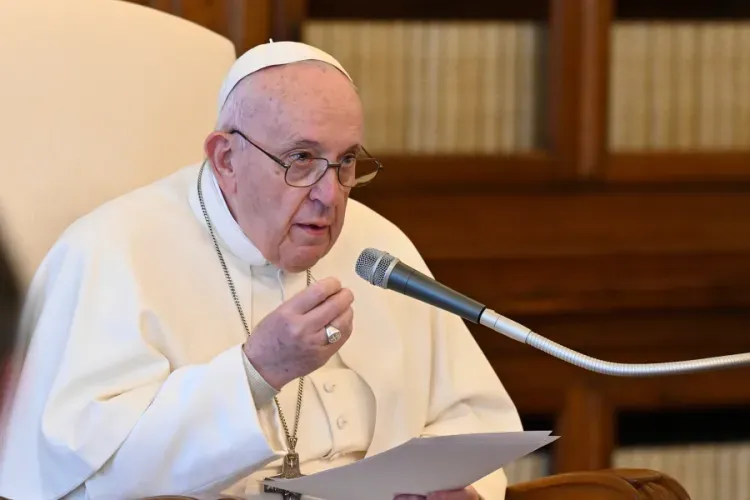In his message, Pope Francis recognized the work of the U.S. bishops’ anti-poverty initiative in “helping the poorest communities in the United States to live more with dignity, promoting their participation in the decisions that affect them.”
“When the people are discarded, they are deprived not only of material well-being but also of the dignity of acting, of being the protagonist of their history, of their destiny, of expressing themselves with their values and culture, of their creativity, of their fertility,” the pope said.
“For this reason, it is impossible for the Church to separate the promotion of social justice from the recognition of the values and culture of the people, including the spiritual values that are the source of their sense of dignity.”
The pope said that politics is regenerated when the importance of spirituality in people’s lives is recognized.
“One way to ignore the poor is to despise their culture, their spiritual values, their religious values, either by discarding them or exploiting them for the purpose of power,” he said. “Contempt for popular culture is the beginning of the abuse of power.”
The pope also greeted the other conference partners, which include the Caritas Social Action Network, Boston College Law School, the Centre for Catholic Social Thought and Practice, the Loyola University’s Institute of Pastoral Studies, the Katholische Hochschule für Sozialwesen in Berlin, and the Anglo-Irish province of the Oblates of Mary Immaculate.
“The poverty and exclusion from the job market that resulted from this pandemic which we are experiencing have made your work and testimony much more urgent and necessary,” Pope Francis said.
“Many of you gathered here have been working for years doing this in the peripheries, and accompanying popular movements. Sometimes it can be uncomfortable. Some accuse you of being too political, others of wanting to impose religion. But you perceive that respecting the people is respecting their institutions, including religious ones; and that the role of these institutions is not to impose anything, but to walk with the people, reminding them of the face of God that always comes before us,” he said.








